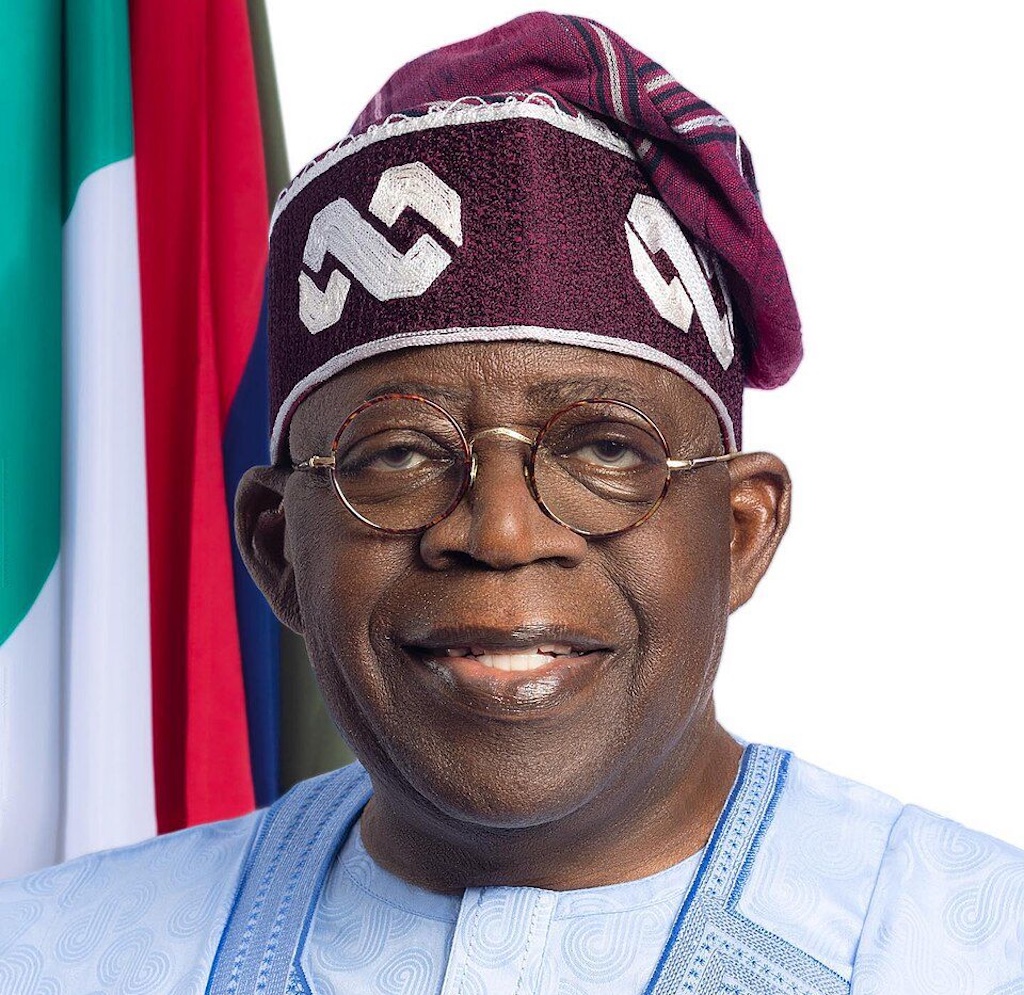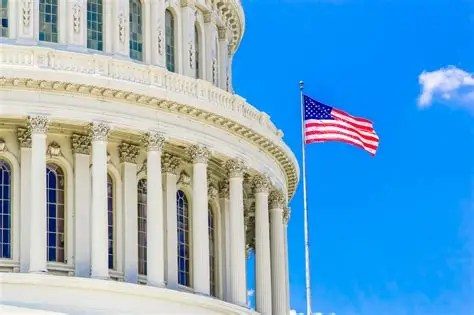ACHALLA JOROME argues the need for killers
of the 12 indigenes of the state to be brought to justice
Governor Uba Sani of Kaduna State, in a swift reaction last Saturday, called for justice in the case of the 12 indigenes of the state who were gruesomely killed in Mangu Local Government Area of Plateau State. The call is perfectly in order, and the governor deserves to be commended for showing leadership and empathy in a testy situation. With the viral report of the extra-judicial murder of the innocent individuals, Governor Uba Sani, wasted no time in demanding that the full force of the law be brought to bear on the perpetrators of the dastardly act.
In a statement he personally signed, titled: “The killers of Kaduna State citizens in Mangu LG of Plateau State must be brought to justice,” the governor was categorical. He declared: “We condemn in the strongest terms these acts of savagery. The criminals must be fished out and dealt with accordingly. We call on security agencies to leave no stone unturned until these criminal elements are hunted down and brought to justice. We must put a stop to the nefarious activities of non-state actors. There is no justification for anybody to attack any citizen of Nigeria in any part of the country. This madness must stop. Enough is enough.”
Addressing his Plateau State counterpart directly, Governor Uba Sani handed down a challenge to his colleague governor and vowed on his own part to monitor how the development would be handled. “I also call on the Plateau State Governor, Caleb Mutfwang, to use this unfortunate incident to make a bold statement. He must take full charge of the situation and direct the operations of the security agencies until the murderers are brought to justice. We must send a clear signal that impunity will no longer be tolerated.”
And, in a passionate appeal to citizens of his state, Governor Uba Sani called for calm and also urged the people to be united in the effort to fish out the perpetrators of the heinous crime. He used the opportunity to flaunt his achievement in peace- building and security and conflict transformation in the state through the highly successful Kaduna Model that has dramatically changed “a toxic environment” to “an oasis of peace”.
“Let me use this opportunity to call on the citizens of Kaduna State to remain calm. All hands are on deck to ensure that our murdered citizens get justice. We have made remarkable progress in peace-building and conflict transformation in Kaduna State. The Kaduna Peace Model is a pointer to the fact that with political will, commitment and sincerity of purpose, a toxic environment can be turned to an “oasis of peace”. The situation in Plateau State is not irredeemable. The bloodshed must stop.”
As a compassionate leader, Governor Sani did not forget to address the families of the victims of the unfortunate incident. He gave words of assurance that the government was with them in their moment of crisis and challenge.
“Our deepest condolences to the families of our citizens who lost their precious lives in Mangu Local Government. I am in touch with the families of the victims. We shall do all in our power to lessen their pains. We shall also ensure that the injured victims receive adequate medical attention,” he stated.
Reports had it that no fewer than 12 travellers from the Basawa community in Zaria, Kaduna State, were killed during an attack in Mangu, Plateau State, last Friday. Besides, 11 others sustained various degrees of injuries and were rushed to a nearby hospital for treatment.
The victims were said to be travelling in an 18-seater bus belonging to Ahmadu Bello University, Zaria, heading for Qua’an Pan LGA to attend a wedding ceremony when they ran into assailants who attacked them around 8pm. According to one Ibrahim Umar, said to be one of the survivors, “We were heading to Qua’an Pan to attend a wedding ceremony of our brother when we missed the road. We stopped and asked some people for directions, but before we knew it, they surrounded the vehicle, shouting that we should be killed. “They started beating and attacking us with dangerous weapons. The mob killed the driver first and then attacked others. They burned the bus. We are now in the hospital, receiving care.”
Such acts of brigandage and unlawful execution of innocent individuals for no justifiable reason demand immediate investigation and firm prosecution of all those found culpable.
Governor Sani’s call for justice for the Kaduna 12 aligns with his administration’s commitment to peace, security, and the protection of citizens’ lives, as demonstrated by the Kaduna Peace Model. The brutal killing of these innocent travelers which he has appropriately described as an “act of savagery,” is in all ways contrary to his efforts to keep his citizens safe and secured in Kaduna State.
His demand for the perpetrators’ prosecution reflects a principled stance against impunity, which is critical to sustaining the state’s transformation he has recorded in his own state from a once-toxic environment to a hub of peace and development. The Kaduna Peace Model, lauded by President Bola Tinubu and others, has significantly reduced insecurity, enabling commerce, worship, and political gatherings to thrive without hindrance. Areas like Birnin Gwari, previously plagued by fear, now support daily livestock exports to Lagos, a testament to Sani’s focus on security and infrastructure. His administration’s inclusive policies have united diverse communities, bridging ethno-religious divides and fostering stability. It is the realization of this progress at home that amplifies the urgency of addressing the Mangu killings in Plateau State. Allowing such acts to go unpunished risks undermining the vision and objective of the federal government to ensure the security and safety of all Nigerians irrespective of where they are and who they are by ethnicity.
Governor Uba Sani’s call for justice is further justified by his proactive governance style, which emphasizes collective responsibility and decisive action. His call on security agencies to pursue the culprits and the fact that he personally committed to monitoring investigations, is a pointer to the fact that impunity will no longer be tolerated. This stance reinforces the Kaduna Peace Model’s foundation of political will and sincerity, which Sani believes can inspire other states, like Plateau, to curb violence.
By advocating for justice, he is fulfilling his oath of office to protect Kaduna’s citizens and also set a precedent for regional (Northern region) stability, aligning with his broader vision of equitable development. Moreover, Sani’s appeal for calm among Kaduna residents while demanding justice demonstrates balanced leadership, preventing retaliatory violence that could escalate tensions. His engagement with Plateau’s Governor Caleb Mutfwang to ensure decisive action further shows his commitment to collaborative solutions. In a region with a history of ethnic and religious strife, Sani’s insistence on justice for the Kaduna 12 is not only justifiable but essential to preserving the peace and progress his administration has achieved.
Interestingly, a similar instance occurred recently at Uromi in Edo State, where hunters of Kano State extraction, reportedly returning home from Rivers State, were killed by local vigilantes. Governor Monday Okpebholo of Edo State responded swiftly and decisively to the tragic killing of 16 hunters on March 27, 2025. Deeply moved by the incident, he visited Uromi the following day to assess the situation, demonstrating his commitment to addressing the crisis. He condemned the lynching by an illegal vigilante group, emphasizing that such actions contradicted his administration’s values and Edo’s security laws. To prevent further violence, Okpebholo suspended all illegal vigilante groups and the Edo State Security Corps Commander, Friday Ibadin, for their failure to regulate the perpetrators. To ensure justice, he announced the arrest of 14 suspects, with promises of further apprehensions and thorough investigations. Okpebholo collaborated with the federal government to establish a fact-finding committee to probe the incident’s circumstances, reflecting President Bola Tinubu’s resolve for national safety. He also engaged with the Kano State Government, visiting Governor Abba Yusuf in Kano to offer condolences and coordinate responses. During this visit, he assured the victims’ families in Torankawa, Bunkure Local Government, of justice and full compensation. Nothing short of this is expected from the Plateau State government.
Jorome, a Pharmacist, writes from Abuja





